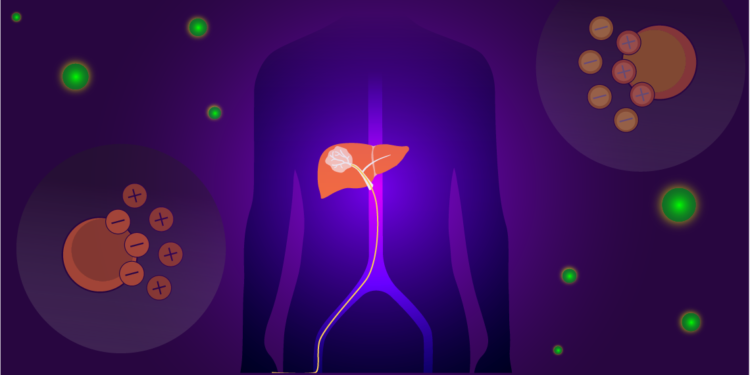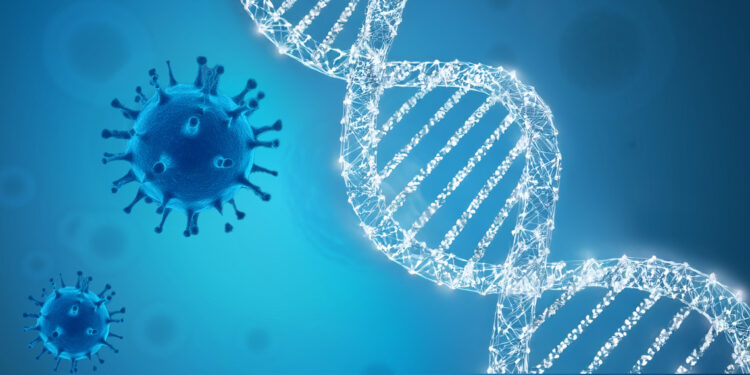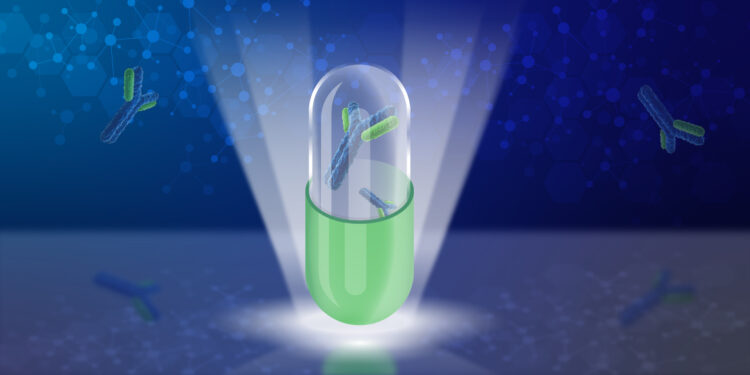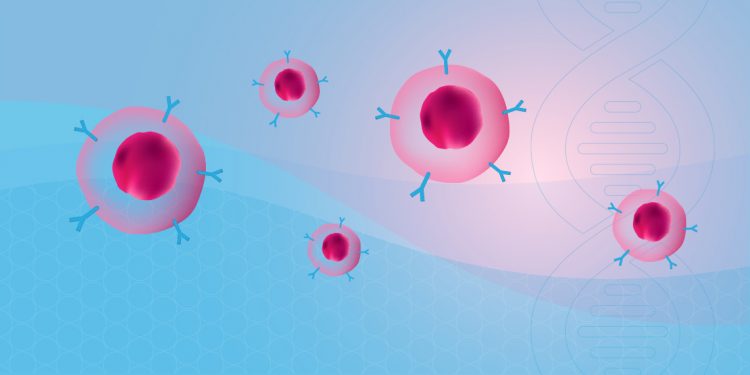
Compliance and Regulations for Flow Cytometry in Drug Discovery: Webinar Series

Saving Lives: Innovative Therapeutic Applications of Ion Exchange Resins

The Journey from Lab to Clinic: Zolgensma, the First Gene Therapy Treatment for Spinal Muscular Atrophy (SMA)

Vive la Différence: The Beauty of Diversity in Life, Life Science, and Flow Cytometry

Biotherapeutic Antibody Discovery at Bio-Rad’s New Center for Excellence

Cytometry in Drug Discovery: An Introduction to Regulation, Standardization, and Productivity

Achieving True Excellence in RNA Therapeutic Development

A Pioneering Approach to Biotherapeutic Antibody Discovery

Precise Cell and Gene Therapy Potency Quantification


